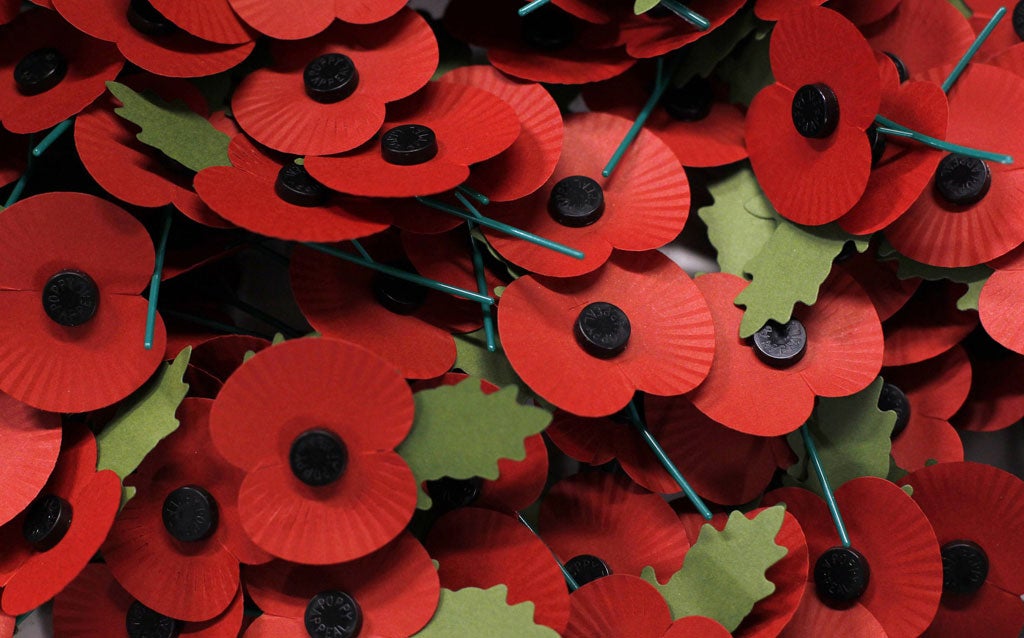
Has "Poppymania" Overreached? Exploring the Growing Poppy Culture in Britain
In recent years, the poppy has shifted from a quiet symbol of remembrance to something far more prominent, sparking debates about the nature and purpose of commemoration. Originally, the poppy was introduced as a tribute to soldiers who died in the First World War. Worn annually on November 11th, it served as a humble mark of respect for veterans. But now, "Poppymania" has turned the simple red poppy into an omnipresent and sometimes contentious fixture in Britain’s public and media landscape.
Back in 2003, Paul Mace, then with Leicester City FC, suggested placing poppies on players' shirts for a match near Remembrance Day, a new concept for sports teams. This gesture was soon adopted by more football clubs, encouraged by positive media coverage and rising public support. However, what began as a voluntary act of respect grew into an annual expectation, with public figures and organizations facing scrutiny—or "poppy shaming"—if they chose not to participate. The pressure is so intense that now virtually every Premier League team wears a poppy on their jerseys each November.
Also Read:- Queen Camilla Takes Time Off Due to Chest Infection
- Ivanka Trump Shares Life Lessons on Election Eve, Stays Out of Politics
Over the years, public figures and institutions have faced backlash for not displaying a poppy, whether due to personal choice or oversight. Media scrutiny has contributed to what some describe as "poppy policing," where visible poppies on public figures are nearly mandatory in November. This culture has led to uncomfortable situations, such as when Prime Minister David Cameron insisted on wearing a poppy during a state visit to China, despite requests not to do so because of the flower's historical symbolism in the Opium Wars.
The Royal British Legion (RBL), the charity that produces poppies, emphasizes that wearing one should be a personal choice, not a social obligation. Yet, as the symbol has spread to buses, power stations, and even products like poppy-adorned shot glasses, its meaning seems to have expanded beyond remembrance to encompass a broader sense of British identity and patriotism. This evolution has brought forward tensions around nationalism, especially when those choosing not to wear a poppy—like footballer James McClean—face severe criticism.
While the poppy originally focused on honoring soldiers and raising funds for veterans’ support, the symbol has morphed into a kind of loyalty test. For some, it feels like a forced display rather than a personal gesture. Even creative displays, like the installation of ceramic poppies at the Tower of London in 2014, were met with mixed reactions, with critics arguing that such grand displays can obscure the brutal realities of war.
Today, the poppy endures as a highly charged symbol, celebrated by many yet questioned by others. Its commercial proliferation into everyday items and social expectations around wearing it have made it a subject of complex discussion in Britain. As November 11th approaches each year, the conversation around the poppy reignites, inviting Britons to reflect on the balance between personal respect, public duty, and collective remembrance.
Read More:


0 Comments